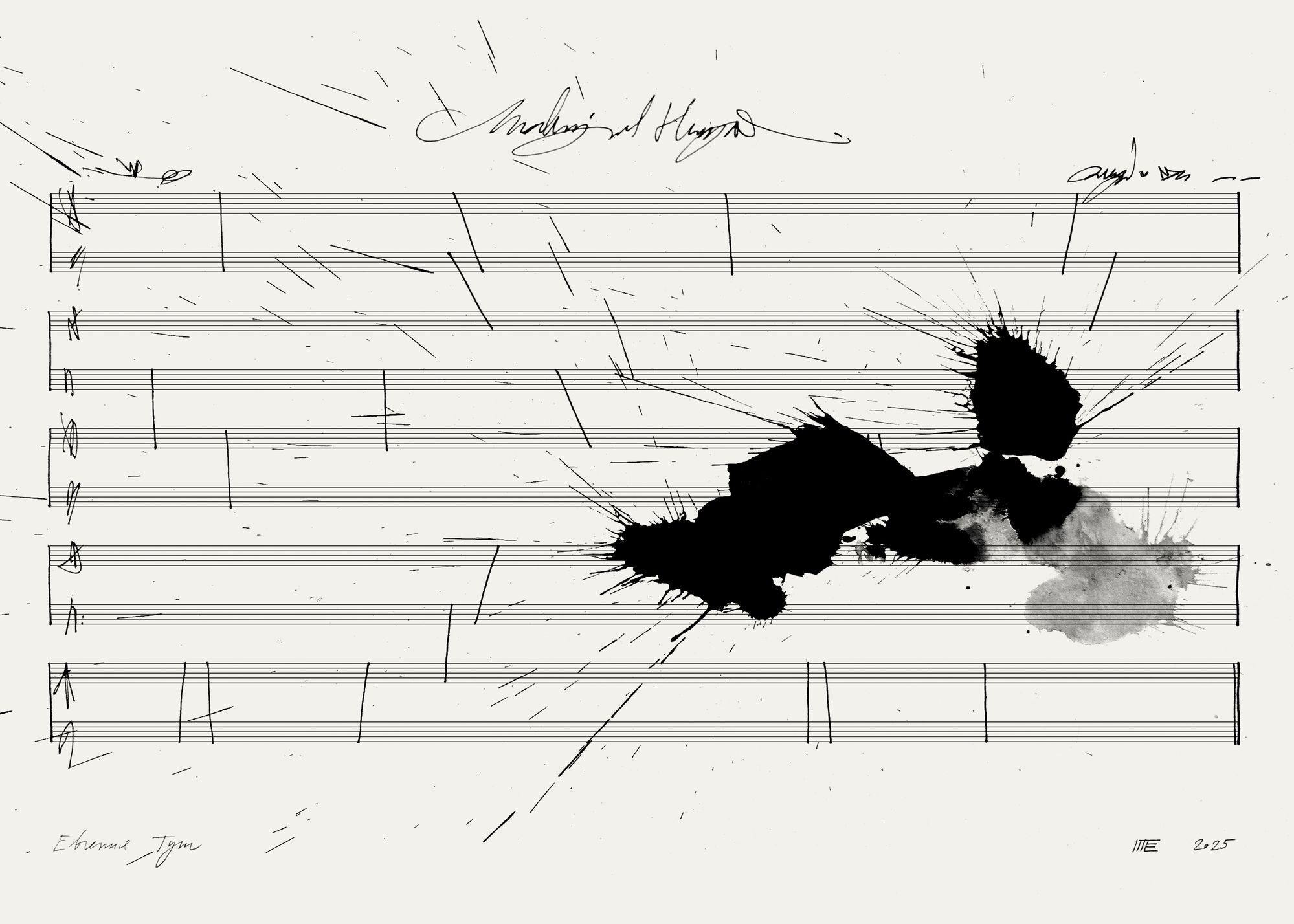Vladislav Pesin and One Orchestra present a concert dedicated to the music of Salamone Rossi, a little known genius of the early Italian Baroque and reformer of Jewish liturgical music.
Sonatas and Psalms
- Date:
- 16 Apr 2025,
20:00–21:30
- Age restrictions
- 12+
The unique figure of Salamone Rossi (1570–1630) is inextricably linked to the history of Mantua under Duke Vincenzo I Gonzaga at a time when the city emerged as one of the cultural capitals of Europe. A patron of the arts and sciences, the Duke cultivated refinement, enlightenment, and freedom of manners, gathering the most radical artists and musicians of the time at his court. These included Claudio Monteverdi, the founder of the opera genre. Salamone Rossi was a musician in the court orchestra from a young age and quickly made his name as a violin virtuoso. He was also a composer. Descended from an honourable Jewish family that traced its lineage back to the time of the Roman emperors, Rossi enjoyed a special status in Mantua due to his musical renown, including exemption from the obligation to wear the yellow Jew’s badge, which was still customary in Italy at the time.

Illustration: Evgenia Tut
The composer, who always signed his works “Salamone Rossi Ebreo” (Salamone Rossi, Jew), led a double life. At the court of Vincenzo I, he was acclaimed as an musical innovator. He experimented boldly with harmony in nine collections of vocal madrigals, imbued with subtle sensuality, and he was among the first in Europe to legitimise the new genres of the trio sonata and the symphony. In parallel with his brilliant secular career, Rossi reformed Jewish sacred music. Attempting to reconcile the two cultural traditions, Christian and Jewish, Rossi introduced “European” polyphony into synagogue chants, which were historically based on monophony. Rossi’s quest culminated in the collection The Songs of Solomon (1622), which served as a paradigm for the work of later generations of Jewish composers.
Mantua’s golden age came to an abrupt end in 1630, when the city was sacked by the troops of Emperor Ferdinand II and the famous Gonzaga art collections were looted. Salamone Rossi is thought to have perished in the chaos that engulfed the city, which was exacerbated by an outbreak of bubonic plague. His music, largely forgotten for several centuries, is now receiving the attention that it deserves, confirming Rossi’s status as one of the most important composers of the late Renaissance and early Baroque periods in Italy.
One Orchestra was created in 2005 by the violinist Vladislav Pesin and like-minded members of Saint Petersburg’s instrumentalist community. The group is flexible between chamber ensemble and symphony orchestra depending on its repertoire, which ranges from Baroque and Classical music to contemporary composers such as Leonid Desyatnikov, Pavel Karmanov, Yuri Krasavin, Vladimir Rannev, and Alexei Aigui. One Orchestra works with leading Russian performers, records music for films, takes part in opera productions, and performs on the foremost musical stages of Saint Petersburg.
Programme
Sinfonia no. 9 from Il primo libro delle sinfonie e gagliarde, 1607
Cor mio from the collection Madrigali a 5, Libro primo
Sonata in dialogo detta la Viena no. 6 from Il terzo libro de varie sonate, 1613
Sonata sopra la Bergamasca no. 12 from Il quarto libro de varie sonate, 1622
Hashkivénu (Psalm 8) from Ha-shirim asher li-Shlomo (“The Songs of Solomon”), 1622
Sonatas no. 2, no. 8 from Il quarto libro de varie sonate, 1622
Al naharot Bavel (Psalm 137), Barukh haba beshem Adonai (Psalm 118:26-29) from Ha-shirim asher li-Shlomo (“The Songs of Solomon”), 1622.
Sonata sopra l’aria di Ruggiero, no. 4 from Il terzo libro de varie sonate, 1613
Sinfonia a 5 from Il primo libro delle sinfonie et gagliarde, 1607
Mizmor le-David (Psalm 29) from Ha-shirim asher li-Shlomo (“The Songs of Solomon”), 1622.
Performed by
One Orchestra
Vladislav Pesin baroque violin
Maria Izotova block flute
Sergei Filchenko baroque violin
Rust Pozyumsky violone
Vladimir Volkov double bass
Marina Belova lute
Ekaterina Byazrova positive organ
Andrei Kolomiytsev harpsichord
One Consort
Roman Tarkhov bass-baritone
Irina Bagina soprano
Marina Inovlotskaya alto
Danis Imamutdinov countertenor
Alexander Amosenko tenor
Dmitry Shelkovin bass
Alisa Ten soprano
Yaroslav Timofeev concert host

